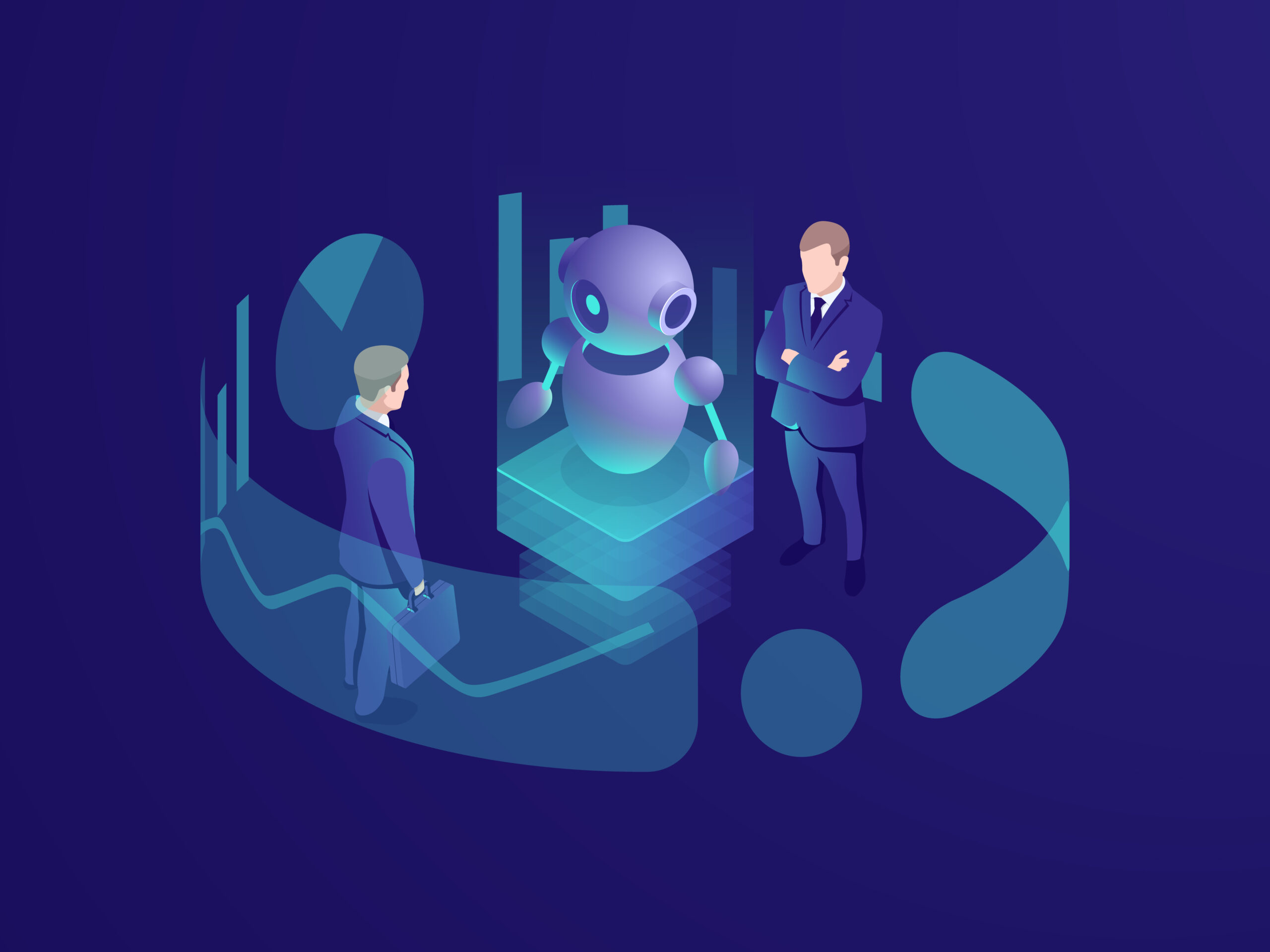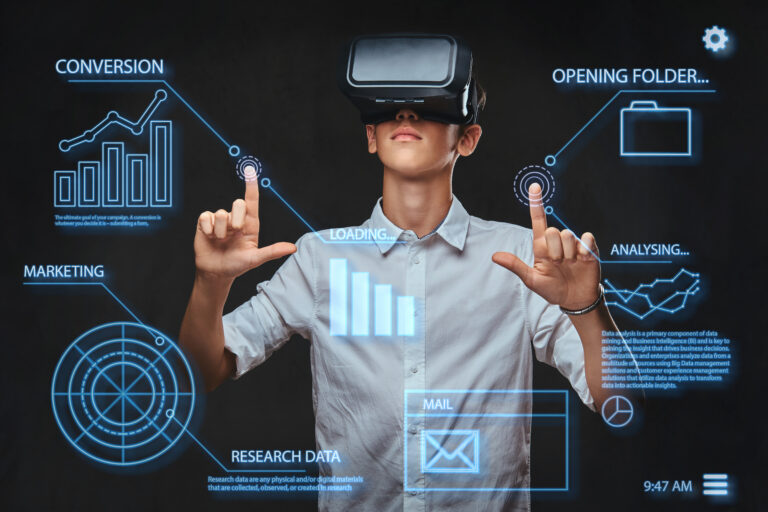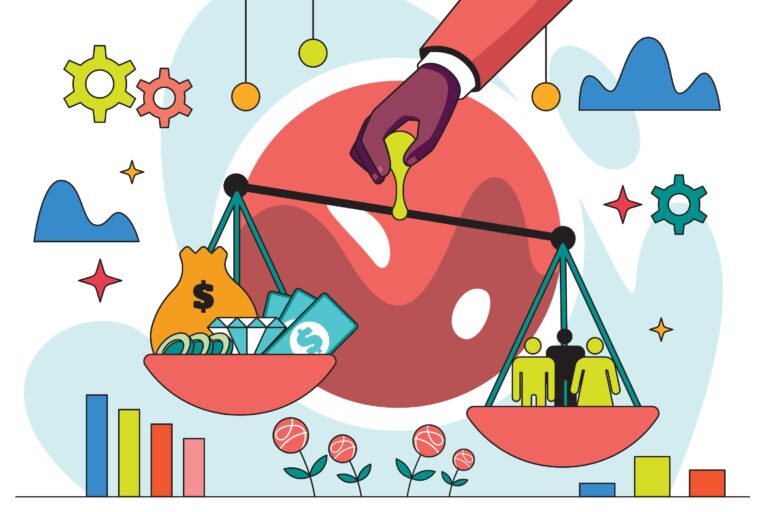How AI is Changing the Job Market
Artificial Intelligence (AI) is transforming the job market in profound ways, impacting how we work, the types of jobs available, and the skills required for the future workforce. From automating routine tasks to creating new job categories, AI’s influence is reshaping the employment landscape. Here’s an exploration of how AI is changing the job market and what it means for workers and employers alike.
Automation of Routine Tasks
AI is increasingly being used to automate repetitive and mundane tasks, freeing up human workers to focus on more complex and creative aspects of their jobs. For instance, AIpowered tools can handle data entry and processing more quickly and accurately than humans, reducing errors and increasing efficiency. In customer service, chatbots and virtual assistants are managing customer inquiries and support, providing instant responses and 24/7 availability.
However, this automation is also leading to job displacement in certain sectors. In manufacturing, robots and AI systems are taking over assembly line tasks, leading to a decline in demand for lowskilled labor. Similarly, the automation of administrative tasks, such as scheduling and basic accounting, is reducing the need for clerical staff.
Creation of New Job Categories
While AI is automating certain tasks, it is also creating new job opportunities in various sectors. The demand for data scientists who can analyze and interpret large datasets to train AI models is growing rapidly. Additionally, developing and maintaining AI systems requires skilled engineers with expertise in machine learning and neural networks.
Moreover, there are emerging roles in tech support and AI management. Human trainers are needed to teach AI systems by providing annotated data and refining their learning algorithms. As AI becomes more prevalent, there is also a growing need for professionals who can ensure ethical standards and regulatory compliance in AI applications.
Enhancement of DecisionMaking
AI is enhancing decisionmaking processes in various industries by providing datadriven insights and predictive analytics. In business intelligence, AI algorithms analyze market trends and consumer behavior, helping businesses make informed decisions about product development and marketing strategies. In risk management, financial institutions use AI to assess risk and detect fraud, improving the accuracy and efficiency of their operations.
In healthcare, AI systems assist doctors by analyzing medical data to diagnose conditions and recommend personalized treatment plans. AI also accelerates the drug discovery process by predicting molecular interactions and identifying potential new drugs, making significant contributions to medical research and patient care.
Demand for New Skills
The rise of AI is shifting the skills landscape, with an increasing emphasis on digital literacy, problemsolving, and continuous learning. Workers need to develop technical skills related to AI, such as programming, data analysis, and machine learning. At the same time, soft skills like creativity, critical thinking, and emotional intelligence are becoming more valuable as AI takes over routine tasks.
Lifelong learning is becoming essential as the rapid pace of technological change necessitates ongoing education and training. Online learning platforms like Coursera, Udacity, and LinkedIn Learning are providing accessible training in AI and related fields, helping workers stay current and competitive in the job market.
Job Market Polarization
AI is contributing to job market polarization, with growing opportunities for highskilled workers and declining prospects for lowskilled roles. High demand exists for AI specialists, data scientists, and software developers in the tech and engineering fields. Additionally, creative industries are seeing increased value placed on jobs that require creativity and complex problemsolving.
Conversely, automation is reducing opportunities for lowskilled jobs, particularly in the service sector, such as cashiers and telemarketers. The growth of the gig economy is another consequence, often resulting in jobs that lack stability and benefits, further polarizing the job market.
Conclusion Artificial Intelligence is undeniably changing the job market, bringing both opportunities and challenges. While AI is automating routine tasks and potentially displacing some jobs, it is also creating new roles and enhancing decisionmaking processes across industries. The future workforce will need to adapt by acquiring new skills and embracing lifelong learning to thrive in an AIdriven world. Employers and policymakers must work together to manage this transition, ensuring that the benefits of AI are broadly shared and that workers are supported in navigating the evolving job landscape.






